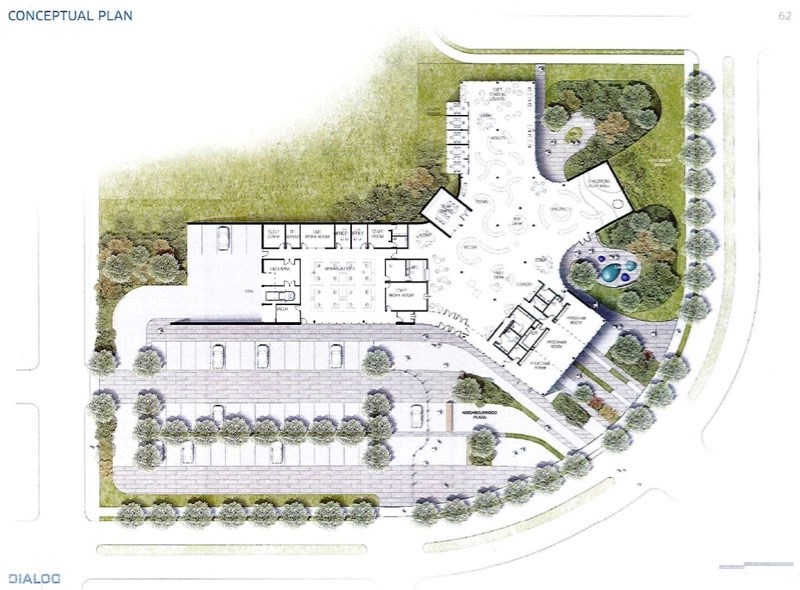St. Albert residents can expect to see a 2.3-per-cent municipal tax increase next year after council approved the 2017 municipal budget this week.
Council members voted 6-1 in favour of the budget at the Dec. 12 meeting, which is the result of the budget deliberations that took place at meetings throughout November.
Coun. Wes Brodhead, who brought the budget motion forward, noted the process was long and included some "vigorous debates." He said the budget represents a good compromise; the initial projected tax increase was 3.1 per cent.
"I believe that what we have before us tonight is a reasoned response on behalf of council to administration's budget proposal for the coming year," he said.
The city's municipal operating budget includes $148.8 million in expenses, requiring a tax levy of $97.9 million. A resident whose house is valued at $450,000 can expect an increase of roughly $70 on the tax bill next year, for a total of about $3,434.
The precise tax rate won't be determined until May 2017, when council sets the mill rate. The projected 2.3-per-cent increase does not include any additional increases that may come from the province for school boards or seniors' housing, which are also included on property tax bills.
The city's 2017 capital budget includes $55.2 million in expenditures, including all the necessary maintenance projects and some growth items as well. The biggest of these expenses, coming in with an estimate of roughly $18 million, is a new branch library. Two other major projects – an ice-surface expansion and an aquatics facility expansion at Servus Place – didn't make the cut this year.
"There was some concern that if we were to invest in the big three capital projects the future tax increases would just snowball," Coun. Cathy Heron said. "As much as we wanted to do them all, I think phasing them in starting with the library was a good approach."
Opposition
Coun. Bob Russell voted against the final reading of the budget. He said he felt a 2.3-per-cent increase was too high, and that the city shouldn't be hiring so many new staff members.
"I failed to convince my fellow colleagues there were some things we should have done," he said, referring to his motion during budget deliberations to only hire seven staff members instead of the 27 staff that administration had initially proposed. That motion was defeated.
Coun. Sheena Hughes was likewise critical of the hiring, despite supporting the budget in the end. She had brought forward a motion to cap the number of new hires at 15, a motion that was also defeated.
"I'm pleased we were able to get that (tax increase) down from 3.1 per cent to 2.3 per cent," she said. "In spite of everything else that's happened, we still have 21 staff plus 3 RCMP officers approved in this budget."
She had also argued for a standing policy that would cap the growth in staff at the rate of growth in the population as a whole.
Utilities
Council also unanimously approved the 2017 utilities capital and operating budgets. The utility rates that residents pay is expected to drop by about 2.6 per cent, or just under $4 per month.
These figures are based on typical usage – a household using 20 cubic metres of water per month with a 240-litre waste cart – and also include a capital contribution component to fund future repairs and maintenance.
The utility capital budget includes $16.2 million worth of projects including updating water-meter-reading technology and storm water infrastructure rehabilitation.
Hughes noted that while she voted in favour of the utility budget, she is nonetheless concern that surcharges on utility bills, where residents pay into funds for future utility projects, goes against the city's stated philosophy that growth should pay for itself.
"This is a situation where growth is not paying for growth," she said.




